7 Days is a weekly round-up of the Editors' picks of what's been happening in the world of technology - written with a dash of humor, a hint of exasperation, and an endless supply of (Irish) coffee.

Another exciting week has come to an end, and as ever, it's been packed full of fascinating insights, intriguing announcements, and a fun rumor or three. But the weekend is upon us again, thank goodness - and that means it's time to let 7 Days bring you up to speed with what's been going on around the tech world lately.

Our journey begins this week in New Zealand, where Kim Dotcom - who previously launched Megaupload and Mega - said that he's planning to start up a new online storage service, with 100GB of free storage and 'on the fly encryption'.

Elsewhere on the storage front, Samsung revealed its new line of Universal Flash Storage (UFS) cards, an extremely fast successor to the widely used microSD format.

Two big names in device security software, including antivirus tools, are becoming one, as Avast announced its acquisition of AVG Technologies for $1.3 billion.

Popular messaging platform LINE updated its messenger to enable end-to-end encryption by default.

LINE isn't the only to do so - Facebook Messenger has also started to roll out end-to-end encryption in a new feature called 'Secret Conversations'.
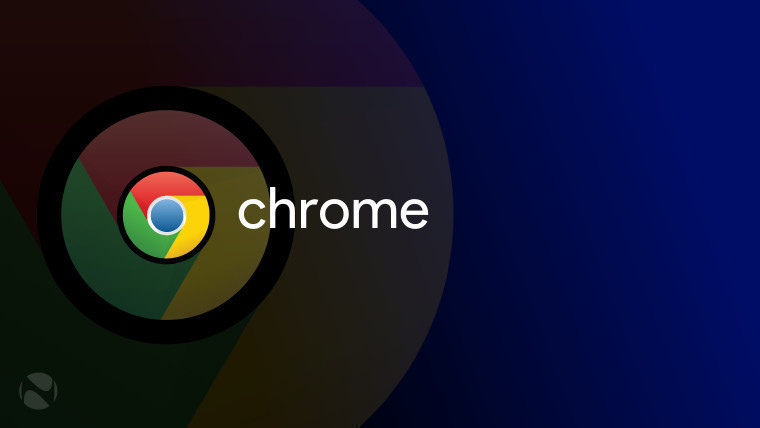
With the arrival of Chrome 51, Google has added Chromecast support direct into the browser, rather than requiring the separate Google Cast extension.

Remember the $4 smartphone? Its launch is turning into a complete fiasco.
First, the company behind it, Ringing Bells, showed renders which looked nothing like the devices it sent to reviewers; those review units turned up with the logo of another company clumsily painted over. Then, the devices it eventually showed looked nothing like either of the earlier handsets.
Of a claimed 70 million registrations, Ringing Bells said it would soon ship 200,000 units, but its release date slipped several times. Now, it's shipped just 5,000 units, and says it "may not deliver" any more unless the Indian government gives it $7.4 billion.
And in an oddly fortuitous turn of events for the firm, it's capitalized on the huge publicity it received from its string of unfulfilled promises by unveiling six new devices at more realistic prices - but it also completely ripped off the homescreen design of the LG G5.
Ringing Bells? Ringing Balls, more like.

Elsewhere, Apple announced that with iOS 10, it will make it easier for users to register as organ and tissue donors, via its Health app.

On Tuesday, Apple released its second developer beta of iOS 10. But more excitingly, on Thursday, it made the first public beta available of its new mobile OS.

And it was the same story for macOS (formerly OS X). After releasing macOS 10.12 Sierra developer beta 2 on Tuesday, the public beta arrived two days later.
.jpg)
Apple also released its second developer betas for watchOS 3, tvOS 10, Xcode 8, Apple Configurator 2.3 and Apple TV Remote...
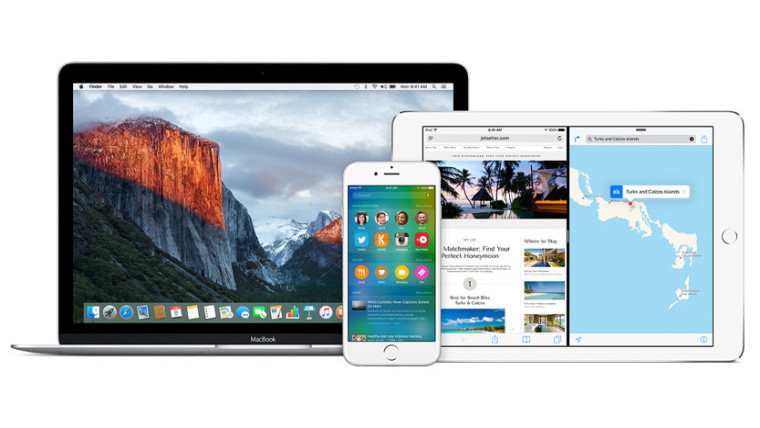
...and its fifth round of betas for iOS 9.3.3, OS X 10.11.6 and tvOS 9.2.2.

Microsoft's experimental Garage division released a new app for iOS this week. Currently restricted to a closed beta, Thinga.me allows users to photograph, crop, collect and share 'things, not photos'.

Over in Brazil, Microsoft has teamed up with American multinational biotech giant Monsanto, to boost the use of digital technology in the agricultural sector through a $91 million investment fund.

Microsoft's Chief Operating Officer, Kevin Turner, is leaving the company at the end of this month. Coinciding with his departure, Microsoft CEO Satya Nadella announced several changes to the company's leadership team.
It follows last week's announcement that the CEO of Microsoft UK, Michel Van der Bel, is stepping down later this year.
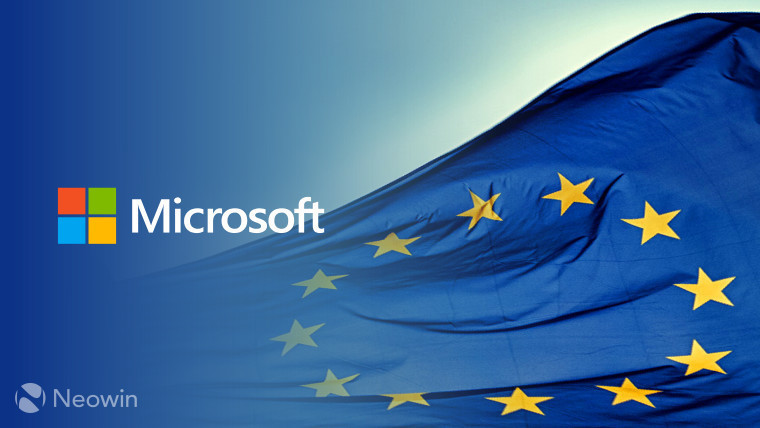
Van der Bel said last month that the company would prefer that the UK stay within the European Union - but emphasized that Microsoft would remain committed to the UK if it did not do so.
Following the results of the UK's 'Brexit' referendum - in which it voted to leave the EU - Nadella reaffirmed Microsoft's commitment to the UK, and said it would continue to invest there.
But many other tech companies are still working out how to deal with the fallout from the Brexit vote. While the UK is unlikely to actually leave the EU for at least another couple of years, economic uncertainty has already taken its toll, pushing the pound sterling to a 31-year low against the US dollar this week. Companies importing into the UK, especially those that conduct their business in dollars, have been forced to consider how to tackle the situation.

Lenovo admitted this week that it is considering UK job cuts, and price increases on its products sold there, to deal with the effects of the weak pound.

Dell cited the weak pound as having had a "direct impact" on its business, and revealed that it has increased its UK prices by 10%.

And OnePlus also announced that it is increasing the price of its new flagship phone, the 3, by £20 (around 6.5%) from July 11, as a direct result of Brexit-related currency fluctuations.

The OnePlus 3 went on sale last month, but while reviews were broadly positive, concerns were raised over its RAM management, along with severe criticisms over the poor color accuracy of its display.
After promising last month to release an update to address those issues, OxygenOS 3.2.0 began rolling out earlier this week. But despite saying that the rollout would be complete for all devices within 48 hours, the company subsequently halted it, citing unspecified "reports of issues while upgrading".
When the update returned - as OxygenOS 3.2.1 - OnePlus avoided any direct explanation of what those issues might have been, but a reference to "SIM recognition issue" was noted in its list of fixes.

We really liked the HTC 10 when we reviewed it in May - but it looks like it may not be the sales success the company needs. HTC is reportedly on course to sell just a million units this year.

Meanwhile, HTC is believed to be building two Nexus phones for Google this year, which will become 'showcase' devices for Android 7.0 Nougat. After specs of the two handsets - codenamed 'Sailfish' and 'Marlin' - leaked last week, further key details, and an unofficial render, emerged this week.
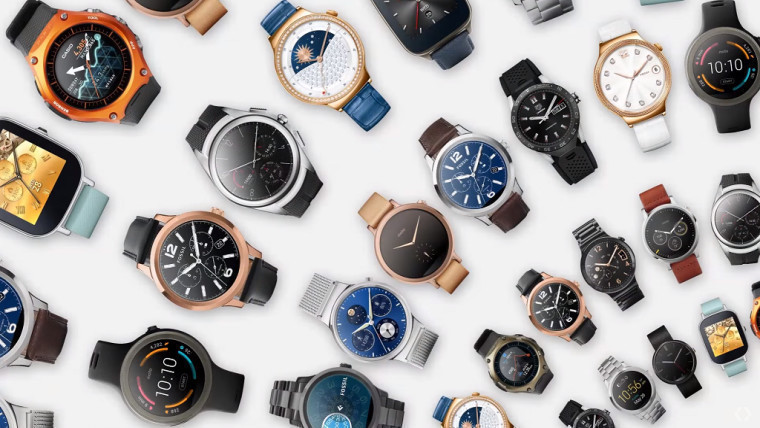
Google is reportedly working on two Nexus smartwatches - codenamed 'Swordfish' and 'Angelfish' - running Android Wear 2.0, details of which also emerged this week.

A new version of Samsung's Gear VR headset, which it co-developed with Oculus, may be on the way soon; indeed, it could launch alongside the Galaxy Note 7.

We already know quite a lot about the Note 7 from recent leaks - and a further leak this week revealed images of the colors in which the stylus-equipped handset will be offered.

It looks like another Samsung phablet is on the way too - the 7-inch Galaxy J Max.

Samsung launched the Galaxy S7 active - a 'ruggedized' version of its S7 flagship phone - last month. But according to US product review journal Consumer Reports, the device isn't as water-resistant as Samsung claims.

AT&T finally rolled out Android 6.0.1 Marshmallow to the Galaxy S6 active this week - nine months after Google originally released the Marshmallow update.

Samsung started the global rollout of its Marshmallow update for the Galaxy A8...

...while Huawei brought Marshmallow to its Honor 5X in the United States.

Japan got its first Android One device this week, with the launch of the Sharp 507SH. The Android One initiative is intended to make it easier for Google's hardware partners to offer better-equipped handsets at the most affordable prices.

Taiwanese tech giant ASUS launched a new thin and light Windows 10 convertible notebook, featuring solid specs and a stylish design at a pretty reasonable price. The ZenBook Flip UX360CA is ASUS' first device to be "certified with Microsoft Cortana with Voice-Premium".

Fellow Taiwanese brand Acer unveiled the TravelMate X3, a new family of business-focused Windows 10 notebooks with an 'all-aluminum chassis' and Windows Hello support.
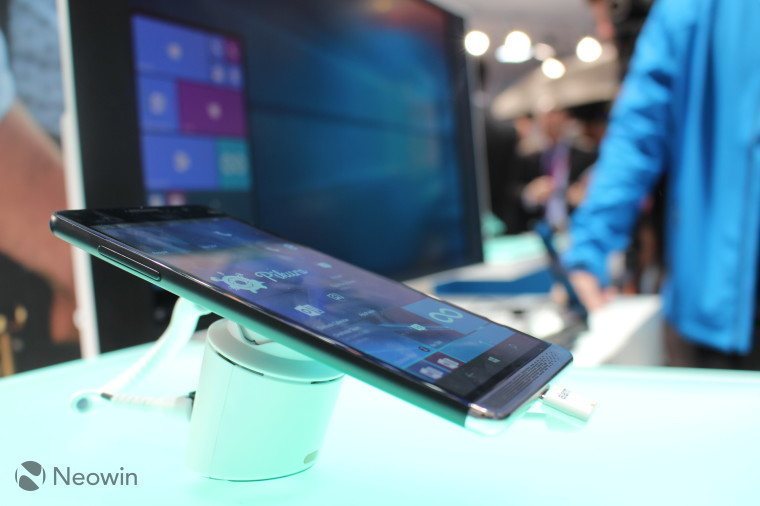
Several new details about the Elite x3, HP's upcoming Windows 10 Mobile 'superphone', emerged this week. A separate report claimed that the device will go on sale in September, priced at €699.
But if you were hoping to buy one in the US for use on Verizon, you'd better think again.
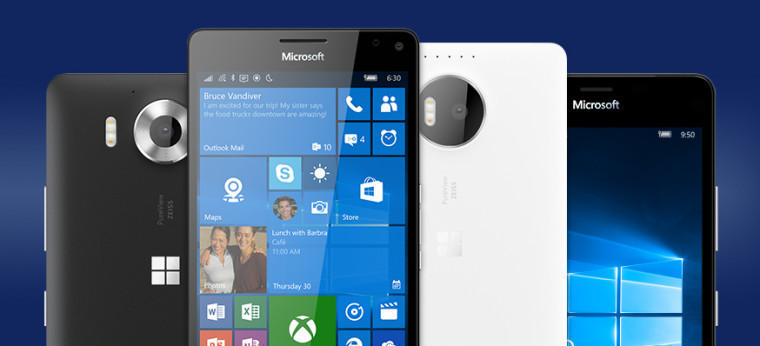
Microsoft released new firmware for its Lumia 950 and 950 XL on Thursday, bringing various improvements and adding the ability to double-tap the handsets' screens to 'wake' them.
That means that the seven-month-old flagships finally support a feature that was available on high-end Lumia handsets three years ago. What on earth took so long?
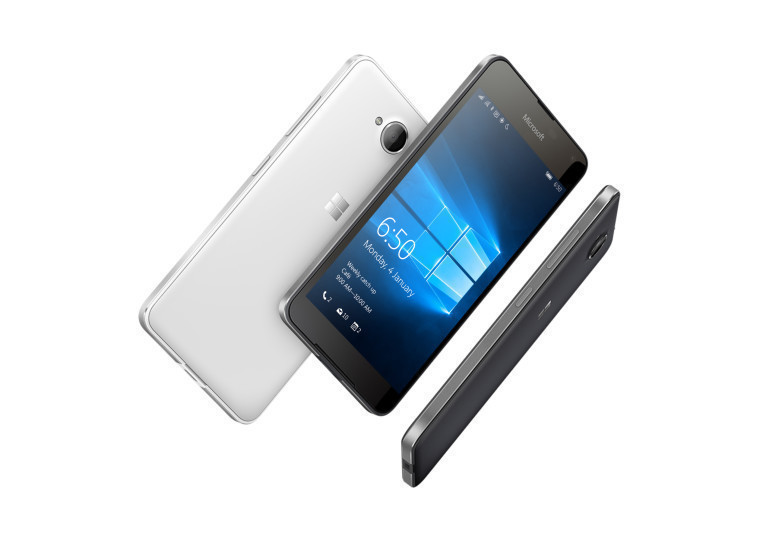
On Wednesday, with no fanfare or announcement of any kind, Microsoft slashed 25% off the price of its metal-bodied Lumia 650 in the UK, and 35% off in Ireland, less than five months after it went on sale.

And there were permanent price cuts of 20% and 23% in the UK and Ireland, respectively, for the entry-level Lumia 550 too.

Last week, Microsoft extended its two-month, 25%-off discount on the Band 2 in the UK by a further three months. On Friday, it quietly added another three weeks to the 30%-off deal that it began in the US in May.

Microsoft also extended its 40% discount on the Surface 3 Docking Station in the UK by a further six months. The company is still calling this a 'limited time offer' - even though it regularly extends 'special offers' like this one, rendering such terms completely meaningless.

Back in the US, Microsoft reintroduced its cheapest Surface Book model to include a discrete NVIDIA GeForce GPU (dGPU). Priced at $1,699, it was last available for just one week, eight months ago.

Photos from Microsoft's Redmond campus hint at four new Surface devices on the way, with one due this year, and three more in 2017.

But a further report claimed that some of Microsoft's new hardware - including its long-awaited 'Surface Phone' - may arrive later than expected. Previous reports claimed that the company would launch new hardware to coincide with its release of the Windows 10 'Redstone 2' update in Spring 2017, but it seems the new devices may have been pushed back beyond that date.
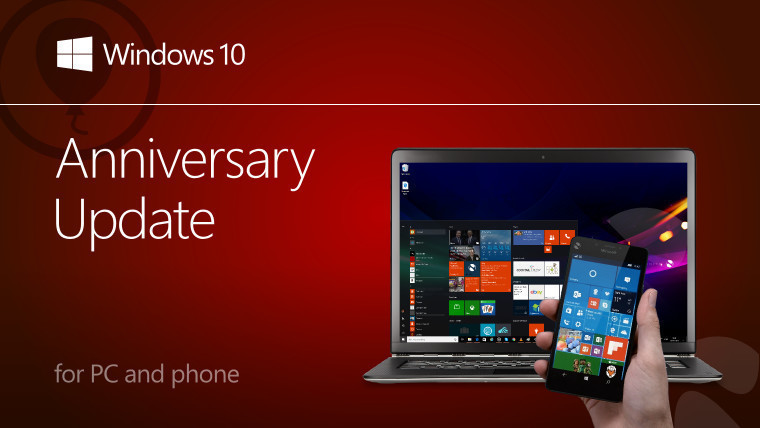
Long before then - in fact, in just a few weeks' time, Microsoft will release the Windows 10 Anniversary Update (also known as 'Redstone 1'). As you would probably expect, the company is now in the process of finalizing its 'RTM' build - although it no longer uses that terminology.

Microsoft originally announced that Windows 10 would be available as a free upgrade during the first year for Windows 7, 8.1 and Windows Phone 8.1 devices. We've known for a while that the free offer would end for PCs on July 29, but when will it end for Windows Phones?
Logically, one might expect it to end a year after the Windows 10 Mobile upgrade was finally released in March - but given that Microsoft broke its promise to upgrade all Windows Phone 8/8.1 handsets to the new OS, it's understandable that some users would want to be absolutely clear on when that Windows 10 Mobile upgrade offer might end.
Microsoft hasn't definitively answered that question yet, but it has said that it won't end on July 29.

Microsoft delivered its latest Windows 10 Anniversary Update Insider Preview on Friday, build 14383, for PCs and phones. You can see the fixed and known issues for PCs here, and those for Windows 10 Mobile here.

Coinciding with that release, Microsoft also made available a new Windows 10 Anniversary Update SDK Preview, build 14383.

Developers also enjoyed the arrival of Visual Studio '15' Preview 3 on Friday, bringing a range of new features and improvements.
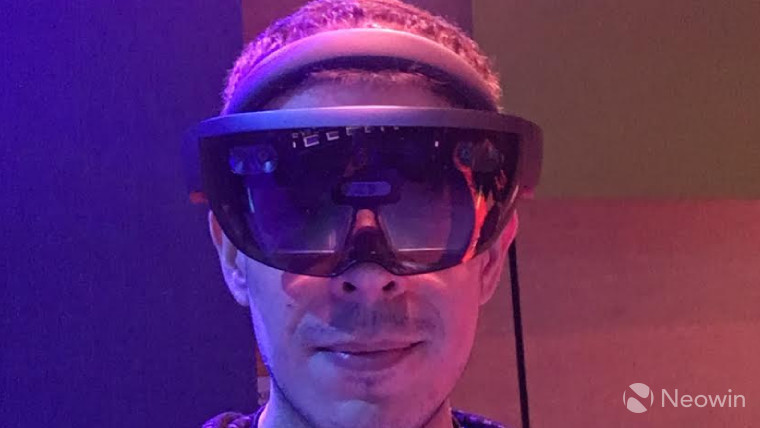
And there was good news for many developers looking forward to getting their hands on Microsoft's holographic headset. On Tuesday, the company sent out its fifth wave of invites to buy the $3,000 HoloLens Development Edition.

Microsoft says it has some "exciting" news to share about Skype for Linux, with an announcement coming next Wednesday, July 13.
Skype for Linux users already got a bit of good news this week, as Microsoft made a small tweak to allow those on Linux and Chromebooks to use Skype's voice calling features.

Microsoft also introduced Skype Meetings - a free tool for small businesses, allowing users to share a URL to quickly set up a group meeting in which participants can chat and collaborate.

Microsoft is finally introducing a 64-bit version of Office for Mac users, which is available now for those on the Office Insider Program.
It also released a new build of Office 2016 for Mac, for Insiders in the Slow ring.
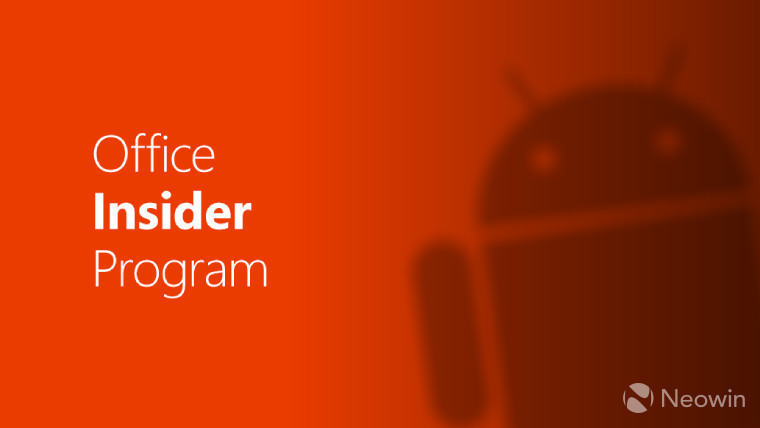
And a new Office Insider build was also released for Android users, bringing various improvements and additions, including new microSD card support.
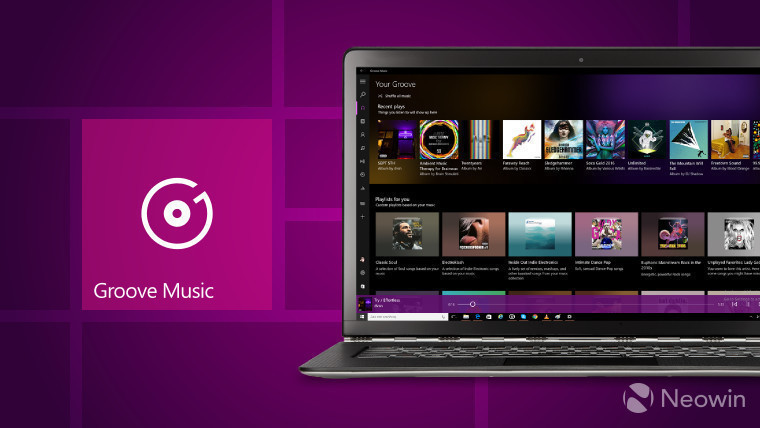
Microsoft added a new 'Your Groove' music playlists feature to its Windows 10 app last month. After introducing the feature to Windows Insiders in the Fast ring, it's now making it available to those in the Slow and Release Preview rings too.

If you use the CNN app on your Windows phone, some bad news arrived a few days ago: the app is being retired, and will stop working on July 18.

But there was good news for customers of global car rental firm AVIS who own Windows phones: the company launched a new app for Windows Phone 8.1 and Windows 10 Mobile devices.

Microsoft has said very little about its promised support for Universal Windows Platform apps on its Xbox One recently. But this week, the first Universal app - a new Blu-ray player app - appeared on the console.

Microsoft quietly edited a web page referring to its new Xbox Play Anywhere feature - which will allow buyers to purchase a game once and play it on their Xbox One or Windows 10 devices - adding a significant caveat regarding its commitment to the program.

Red Dead Redemption became the latest (very welcome!) addition to the ever-growing list of Xbox 360 games on the Xbox One backward compatibility list on Friday.
![]()
And in another welcome development, Microsoft revealed that it is finally adding the option to configure its Xbox avatars with wheelchairs. Considering that these avatars are intended to allow gamers to create digital representations of themselves, it's rather surprising that it's taken so long for that option to become available for wheelchair users.
Intriguingly, a 'sneak peek' at the new wheelchair option also hints at wider upgrades on the way for Xbox avatars.

Microsoft is preparing to make it a lot easier to use multiple graphics cards together with a new DirectX 12 update on the way.

AMD delivered a driver update for its new RX 480 graphics card, following complaints that it draws far more power than it should.

And if you've been thinking of buying NVIDIA's mighty new GTX 1080 and 1070 graphics cards, be aware that they don't currently support the HTC Vive VR headset over DisplayPort.

The latest hardware survey from Valve's gaming platform, Steam, revealed that just under 45% of its users connect with PCs running Windows 10 - up from 38.28% three months ago.

Windows 10's extraordinary versatility has already seen it installed on a vast range of devices with varying form factors. Now, behold the new Kineti La Table, a $5,500 Windows 10 coffee table.

But our odyssey around the wonderful world of technology ends this week in the US, where Microsoft sent out a cringe-inducing email to "bae interns", inviting them to "hang" with the company, and enticing them with "hella noms", "lots of dranks" and "the best beats", as well as promising that it would be "breaking out the Yammer beer pong tables".
It later apologized saying that the email "was not in keeping with our values as a company", and acknowledging that it was "poorly worded".
No kidding...!
Bonus content
Before we wrap things up for another week, let me first highlight a couple of extra bits around the site that I hope you’ll enjoy reading.

Steven Johns took a long, hard look at the Xiaomi Mi Band 2 this week. Unfortunately, it didn't go well. He described it as "the most disappointing wearable of the year so far" - and his review explains its various shortcomings in detail.

And Rich Woods had a Flashback to the Nokia Lumia 900, recalling the high hopes and excitement surrounding the stylish - but flawed - Windows Phone 7.5 handset, which the company optimistically promoted as "the end of the smartphone beta test".
Stay tuned to Neowin in the days ahead for what’s sure to be another exciting week, filled with official news, exciting updates and plenty of insights from across the tech world.
For now, though, there’s plenty more to read across the site – including loads of interesting discussions over on our forums.
















